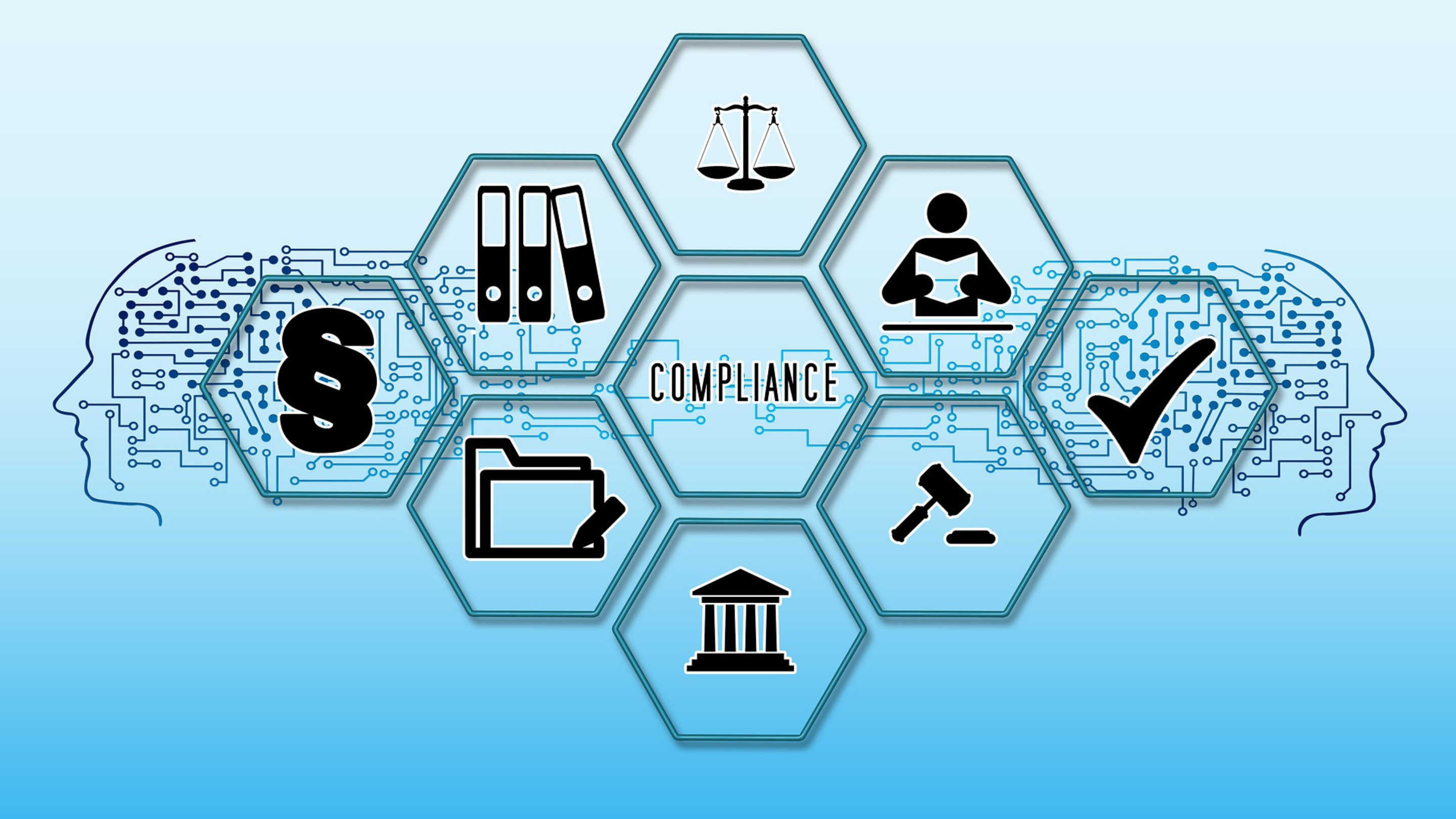
Navigating the World of Terms and Conditions and Privacy Policies.
In today’s digital age, website development has become an integral part of businesses, organizations, and individuals looking to establish a strong online presence. While the aesthetics and functionality of a website are crucial, there’s another aspect that often gets overlooked but is equally significant: compliance. Two key components of compliance in website development are Terms and Conditions and Privacy Policies. These legal documents not only protect your business but also ensure a secure and transparent online experience for your users.
Understanding Compliance
Compliance, in the context of website development, refers to the adherence to legal and regulatory requirements. It involves creating and maintaining a website in a manner that complies with relevant laws, standards, and best practices, especially regarding user data and online conduct. Failure to do so can lead to legal consequences, reputation damage, and a loss of user trust.
Terms and Conditions
Terms and Conditions (T&C) are a set of rules and guidelines that govern how users interact with your website. They lay out the terms of use, and by visiting your site, users implicitly agree to abide by these rules. T&C typically address various aspects, including:
- Acceptance of terms: Users are required to agree to the terms before using the website, establishing a contractual relationship between the site owner and the user.
- Intellectual property rights: T&C often specify the ownership and usage rights of content, trademarks, and other intellectual property associated with the website.
- User behavior: Regulations on user conduct, such as prohibiting hate speech, harassment, or spam, are common in T&C.
- Dispute resolution: T&C can outline the process for resolving disputes or conflicts that may arise between the website owner and users.
By clearly defining the rules and expectations, T&C help protect your website from misuse and provide a legal basis for addressing issues that may arise during user interactions.
Privacy Policies
Privacy Policies, on the other hand, deal with how user data is collected, processed, and protected on your website. These policies are essential in today’s data privacy landscape, as they address concerns related to personal information and data security. Key elements of a Privacy Policy include:
- Data collection: The policy should detail what types of user data are collected, including personal information and browsing behavior.
- Data processing: It should explain how collected data is used, whether for improving the user experience, analytics, or other purposes.
- Data protection: Privacy Policies should specify the security measures in place to safeguard user data and the circumstances under which it might be shared with third parties.
- Consent and user rights: Users must be informed about their rights, such as the ability to access, correct, or delete their data, and provide clear consent for data collection and processing.
Privacy Policies are crucial in building trust with your audience, especially as data privacy concerns continue to grow. Users want assurance that their information is handled responsibly and in compliance with data protection laws.
Significance of Compliance
Ensuring compliance with T&C and Privacy Policies offers numerous benefits:
- Legal protection: Compliance helps protect your website from legal disputes and liabilities, potentially saving you from costly legal battles.
- User trust: Clear and transparent policies instill trust in your audience, which can lead to increased user engagement and loyalty.
- Reputation management: Upholding compliance standards helps maintain a positive online reputation, as users are more likely to have a favorable view of a website that respects their rights and privacy.
- Competitive advantage: Websites that take compliance seriously can use it as a selling point, differentiating themselves from competitors and attracting users who prioritize security and transparency.
Conclusion
In the realm of website development, compliance with Terms and Conditions and Privacy Policies is not an afterthought; it’s a fundamental aspect of creating a responsible and successful online presence. These legal documents set the rules for user interaction, data handling, and dispute resolution, protecting both your website and your users. Prioritizing compliance not only mitigates legal risks but also builds trust, enhances your reputation, and offers a competitive edge in the crowded online landscape. In an era of ever-increasing concern about data privacy and online behavior, compliance is a cornerstone of ethical and responsible web development.


